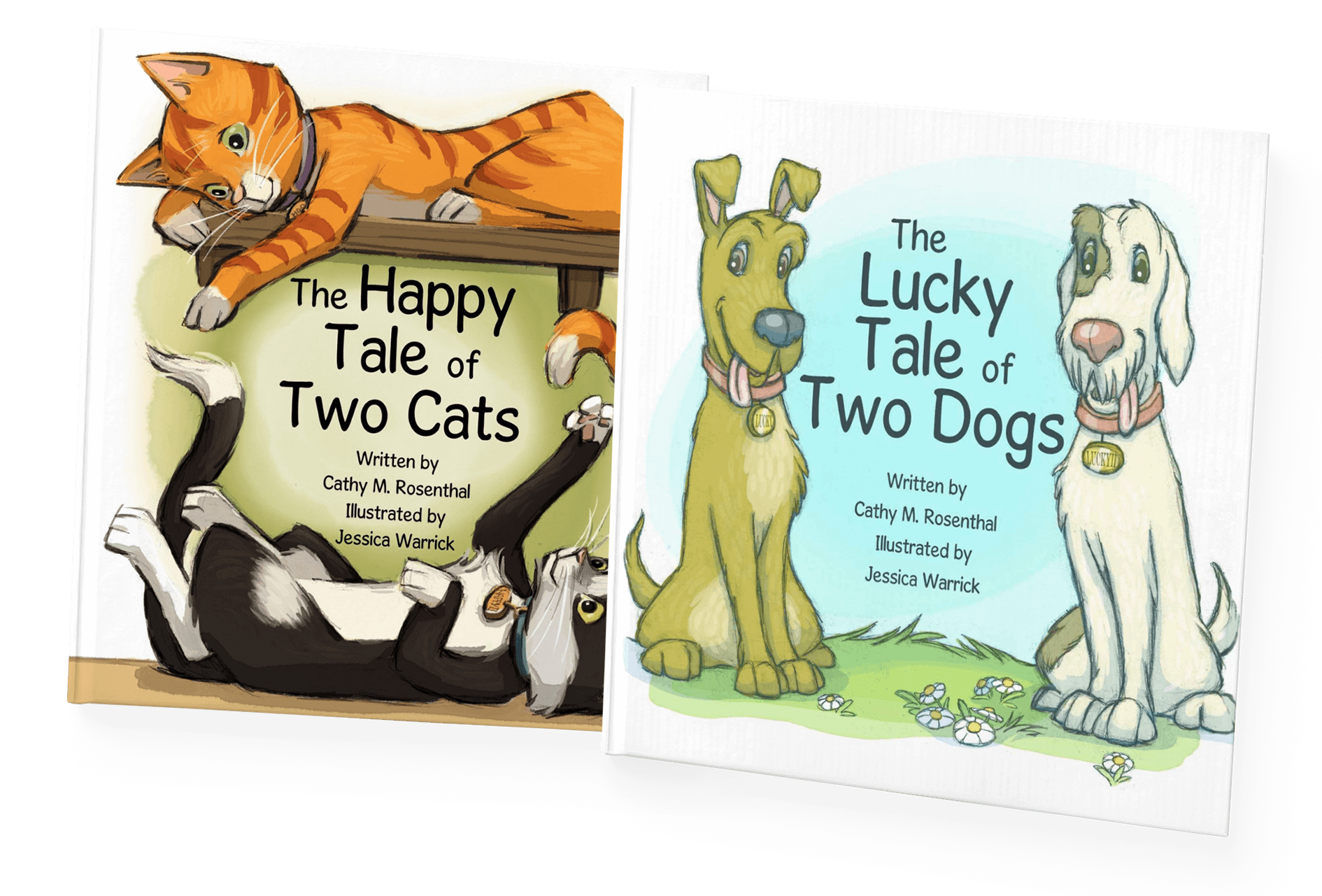When I was 7 years old, my little dog Pepper saw a cat across the street and ran out the open front door. Before I could get outside to catch him, he ran into the street and was hit by a car. I remember screaming and crying. I was overwhelmed by what I had just witnessed and shocked over what I had just lost in a single instant.
It took awhile to recover from Pepper’s death, but it helped that my parents included me in Pepper’s burial. We read a poem and said some nice things about Pepper. Being part of the ritual didn’t stop me from sobbing for weeks, but it did help me feel like I had been a part of Pepper’s life.
Some parents may feel ill-equipped to talk about the death of a pet with their children. Take for example, my 9-year-old niece’s best friend. Her dog was hit by a car and killed while she was spending the night at my niece’s house. Her parents waited until the next day to tell her the news. In fact, by the time she got home, the family had already buried the pet. Yikes!
I am sure they thought they were protecting their daughter, but what they really did was keep her from sharing in the family’s grief. My niece’s friend did not get the chance to watch how the adults in her life coped and so she learned nothing to help her the next time around.
My niece learned something though. After watching how her best friend found out about her dog’s death, she let her parents know that she wanted to be called if her pets died — no waiting — and that they better not bury any of her pets without her present. (If I know my niece, she has drawn up a contract and had her parents sign it just to be sure they stick to these promises.)
If you have pets and kids, you will eventually have to help your children cope with the death of a pet. My son lost five pets when he was between the ages of 4 and 18. At the time of each pet’s pending death, my husband and I talked to him and, based on his responses, determined what he could handle.
He didn’t need to see the euthanasia of a sick pet at 6 years old, but at 12 he wanted to be there for those final moments. In fact, even though he said it was hard to be present, he felt calmer afterward and knew that in those final moments he was giving his pet a great gift.
Teaching children about the death of a pet is a gentle process. You truly have to know and understand how your child will handle the news before you decide how much information is too much information. But don’t overprotect them by leaving them completely out of the process. They can learn how to handle the death of a pet only by watching and modeling you.



